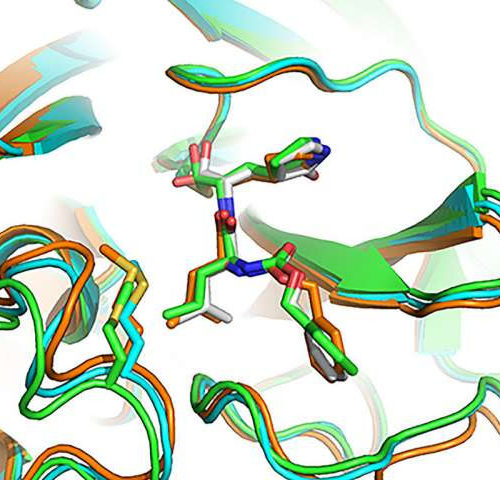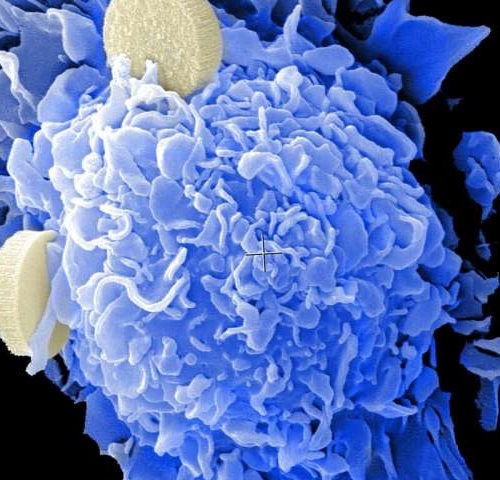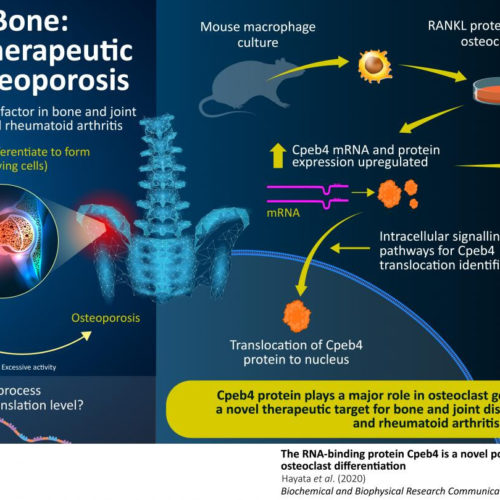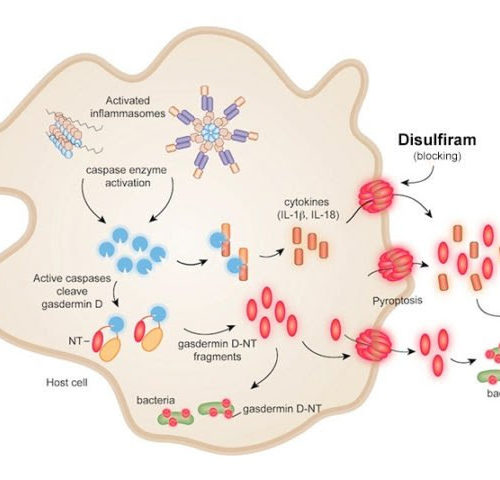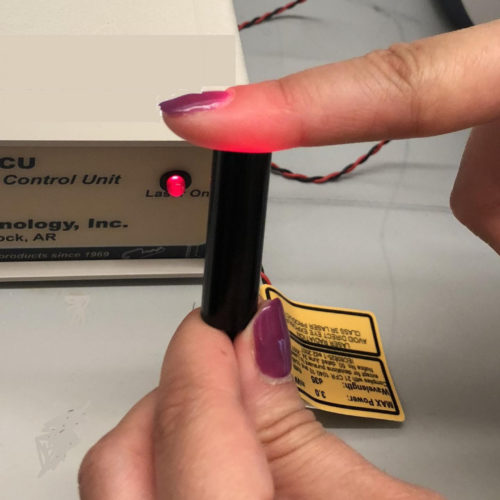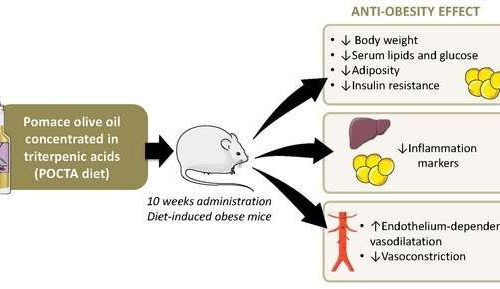by University of South Florida Three configurations of active sites where inhibitor GC-376 binds with the COVID-19 virus’s main protease (drug target Mpro), as depicted by 3D computer modeling. Credit: Image generated by Yu Chen, University of South Florida Health, using X-ray crystallography As the death toll from the COVID-19 pandemic mounts, scientists worldwide continue...
Tag: <span>pharmacology</span>
Age research: A low level of the stress hormone cortisol contributes to the ageing process
SAARLAND UNIVERSITY WHY DO WE AGE? WHAT EXACTLY IS HAPPENING IN OUR BODIES? AND CAN WE DO ANYTHING ABOUT IT? MANKIND HAS SOUGHT ANSWERS TO THESE QUESTIONS SINCE TIME IMMEMORIAL. WHILE THE… view more CREDIT: IRIS MAURER Why do we age? What exactly is happening in our bodies? And can we do anything about it?...
Blocking a ‘jamming signal’ can unleash immune system to fight tumors
by Yale University Yale researchers have discovered a “jamming signal” that blocks a powerful immune system stimulant called interleukin-18 (IL-18) from reaching tumors, including in cancers that are resistant to conventional immunotherapy treatments, they report June 24 in the journal Nature. The research team created a version of IL-18 that could not be jammed and...
Exercise may offer ‘profound’ benefits for Friedreich’s ataxia, research suggests
by Josh Barney, University of Virginia UVA researcher Zhen Yan studies the benefits of exercise. “You will benefit from just about any type of exercise as you age, as long as you’re not at risk of injury,” he said. Credit: Dan Addison, University Communications Atop exercise researcher at the University of Virginia School of Medicine...
Down to the bone: Understanding how bone-dissolving cells are generated
Scientists explain the role of a certain protein in the generation of cells critical to bone maintenance Chronic bone and joint diseases, such as osteoporosis and rheumatoid arthritis, affect millions of people worldwide, particularly the elderly, degrading their quality of life. An important factor in both of these diseases is the excessive activity of bone-dissolving...
Inflammation: Smothering the Fire
Inflammation is the alarm system by which cells first respond to potential danger, but in excess, inflammation can be fatal. In COVID-19, for example, overactive inflammation has led to severe complications and even death for many hospitalized patients. Research in mice led by Harvard Medical School and Boston Children’s Hospital now reveals that the FDA-approved...
CBD shows promise for fighting aggressive brain cancer
Bethesda, MD – Findings from a new study examining human and canine brain cancer cells suggest that cannabidiol could be a useful therapy for a difficult-to-treat brain cancer. Cannabidiol, or CBD, is a non-psychoactive chemical compound derived from marijuana. The study looked at glioblastoma, an often-deadly form of brain cancer that grows and spreads very...
Light helps arthritis treatments target joints
CREDIT: VICTORIA WICKENHEISSER Bethesda, MD – Although today’s rheumatoid arthritis treatments can reduce symptoms, they often come with serious side effects. Results from a new mouse study suggest that a new light-activated drug delivery method helps confine treatments to the joints, which could reduce whole-body side effects. In the U.S., 1.3 million people are currently...
Pomace olive oil reduces obesity
by University of Seville Researchers from the Department of Pharmacology, Paediatrics and Radiology at the University of Seville, in collaboration with Dr. Rodriguez from the International University of Catalonia, have confirmed that orujo (pomace) olive oil (POCTA), when introduced into the diet, produces a significant reduction in obesity and vascular and inflammatory complications in obese...
Nanodiamonds Cross Blood-Brain Barrier to Image Inside, Deliver Drugs
MEDGADGET EDITORSMATERIALS, MEDICINE, NANOMEDICINE, NEUROLOGY, NEUROSURGERY The blood-brain barrier is nearly impenetrable to most drugs and contrast agents, making it difficult to diagnose and treat diseases afflicting the brain. Researchers at the Max Planck Institute for Polymer Research have now developed a way of using nanodiamonds coated with a biopolymer to penetrate through the blood-brain...

